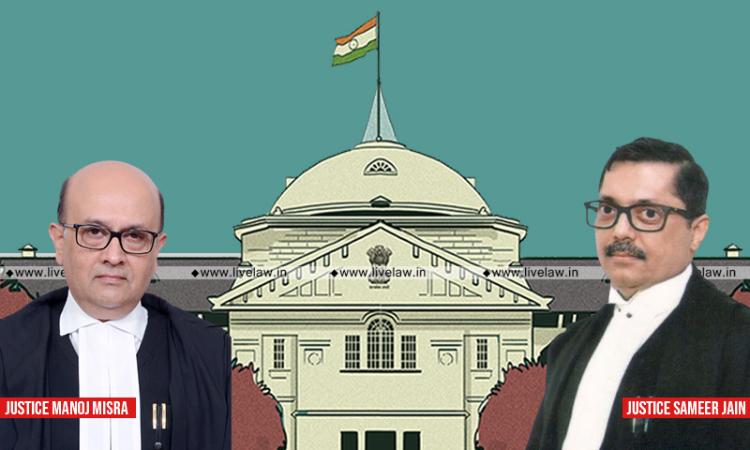The Allahabad High Court last week acquitted 4 accused in connection with a 42-year-old Dacoity case as the bench of Justice Manoj Misra and Justice Sameer Jain suspected it to be a case of 'false implication' of the accused persons."...we have a strong suspicion, based on the facts of the case, the informant has taken the commission of dacoity in the village as an opportunity to...

